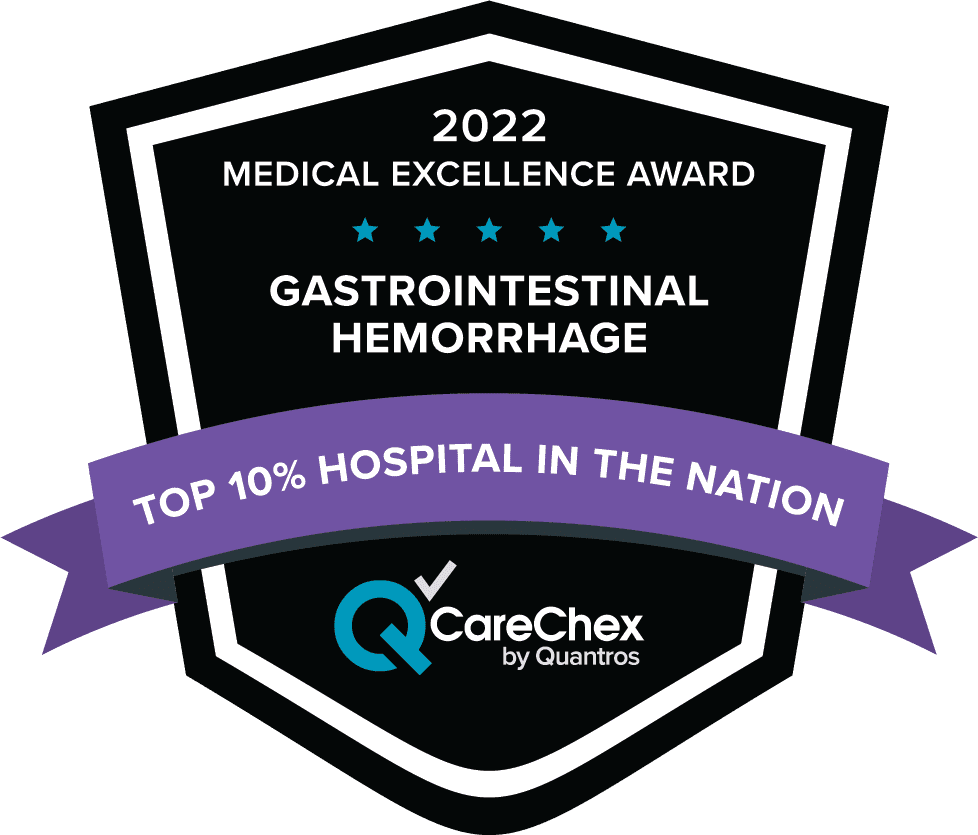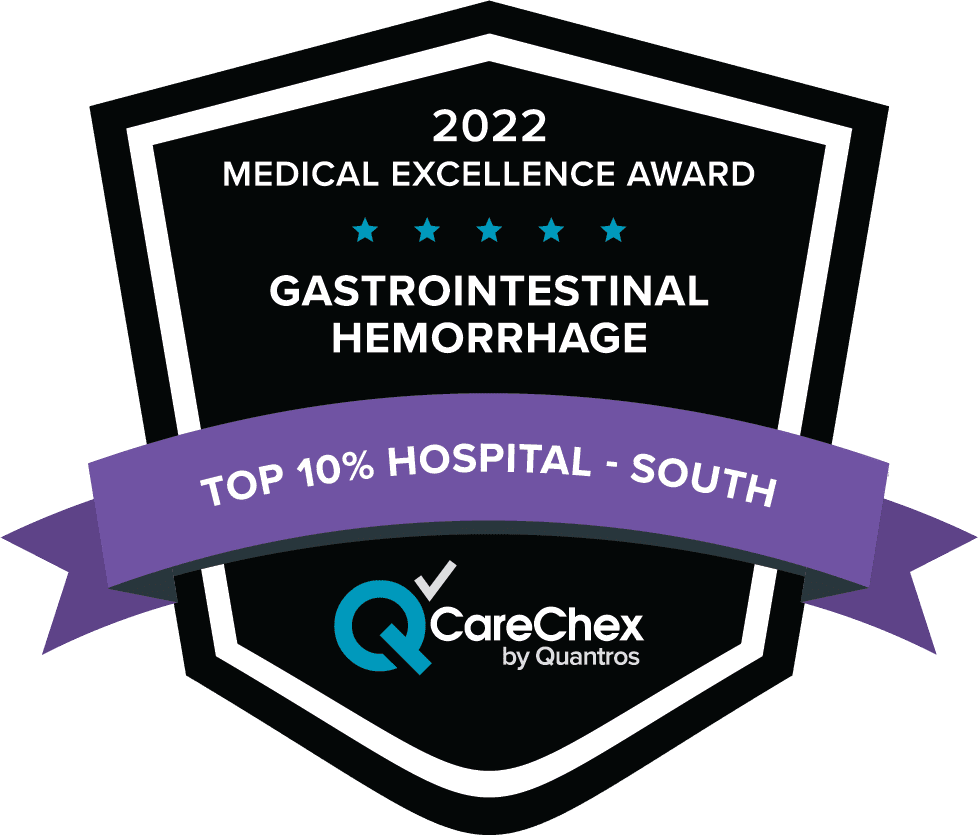Each year, millions of Americans suffer from digestive health issues ranging from heartburn and irritable bowel syndrome to life threatening colon or pancreatic cancer. Our Gastroenterology and Endoscopy teams are highly trained and certified in the diagnosis and treatment of a variety of gastrointestinal disorders. Conway Medical Center is dedicated to providing our patients with compassionate care you can trust.
The Endoscopy Center at CMC
The Endoscopy Center at Conway Medical Center is one of eastern South Carolina’s premier facilities providing a full range of gastrointestinal endoscopic procedures. Our board certified gastroenterologists, surgeons, and pulmonologists utilize the Endoscopy Center to perform procedures to diagnose and treat diseases of the gastrointestinal and respiratory systems.
Our Digestive Health Services


